Understand the Latest Details on this Proven Approach to Improving Quality of Life for those with Trigeminal Neuralgia
Microvascular decompression (MVD) is a surgical procedure used to relieve pressure on facial nerves being compressed by an artery or vein. Facial nerve compression can lead to a variety of uncomfortable symptoms, including pain, muscle twitching, increased or decreased sensitivity, and more. MVD is considered the gold standard treatment for trigeminal nerve compression pain alleviation, and can significantly improve other neurovascular compression and related conditions.
The vast majority of patients who receive traditional MVD approaches experience near-immediate pain relief, long-lasting results, and a low risk of facial numbness after surgery compared to other trigeminal neuralgia treatment options. Even with long-standing evidence supporting the effectiveness of usual MVD techniques, continued innovation is important to sustaining and increasing outcomes. New microvascular decompression approaches have the potential to further increase these success rates, improve patient experiences, and maintain results for years after surgery.
Here are just a few examples of MVD innovations that are advancing MVD and neurovascular compression treatment.
Transposing Blood Vessels As a Novel Pressure and Pain Relief Approach
When using traditional MVD approaches, a surgeon will typically insert a Teflon “pillow” to separate the nerve from the compressing blood vessel(s) and alleviate pressure. However, this means that additional and nonbiological structure is added to and left within the pressure-filled space. While this approach is safe and effective, researchers have been exploring alternative techniques to negate the need for nonbiological materials and to support even longer-term pain relief for clients. One such technique involves transposing the pressure-inducing blood vessel onto the dura membrane surrounding the brain using a fibrin glue. One study of this transposition technique found that nearly 90% of patients reported being pain-free even 17 years post-op, suggesting this innovative approach may help to reduce recurring neurovascular compression pain.
Advances In Cranial Nerve Function Monitoring During MVD Surgery
Neurosurgeons use intraoperative neurological monitoring (ION) approaches to observe and protect nerve function while performing MVD procedures. Over the past decade, advances in these ION techniques have allowed surgeons to further improve and refine their surgical approaches to enhance patient outcomes and safety. For example, monitoring for brainstem auditory evoked potentials, or BEAPs, is now considered a vital part of MVD procedures for hemifacial spasms as it reduces the risk of hearing impairment after surgery. Evidence suggests that rates of reported hearing loss from 20% to just 2% when BEAPs were monitored.
Other neurological monitoring approaches include testing facial cranial nerve responses (e.g., lateral facial spread, corticobulbar tract, and Z-L response). These neural responses help the surgeon to ensure that nerve pathways remain intact and indicate whether pressure has been adequately relieved. Similarly, observing brainstem reflexes and blink synkinesis are IONs that rely on reflexive responses to illustrate if and when pressure has been reduced. These reflex-based monitoring approaches are among the newest ION approaches, but emerging research on their effectiveness in supporting positive patient outcomes is promising.
Being able to observe nerve function and evaluate decompression while operating provides surgeons with vital information regarding the effectiveness of their work. With continued research, intraoperative monitoring approaches can continue to evolve and enhance MVD techniques and results.
Improving Recovery Experiences After the MVD Surgical Procedure
Researchers are even working to improve the recovery experience by creating programs that address and enhance all steps of care: preoperative, intraoperative, perioperative, and postoperative. Improvements related to patient education, anesthesia screening, and medication and procedural management were found to promote a more positive recovery experience and decrease the length of hospital stays for patients after undergoing an MVD procedure.
Examples of patient education strategies consisted of preoperative phone calls to remind patients of smoke cessation, medication requirements, and expectations for surgery. Anesthesia screenings included patient questionnaires and testing to ensure clients were safe to undergo general anesthesia for surgery. Lastly, procedure and medical management strategies involved using specific medications during and after surgery, prompt return to usual nutrition and diet consistencies after surgery, and early out-of-bed mobilization.
Though the program as a whole was found to be beneficial to patients, proactive patient education and early mobilization were highlighted as cornerstones for success. These findings are vital to informing all levels of MVD treatment, recovery, and outcomes.
How Do I Know If MVD Is the Right Surgical Procedure For Me?
Dr. Morrison and his team will carefully guide you through determining if microvascular decompression is the right option for you and your health. He will ask you questions about your symptom experience, including type, severity, frequency, and duration of symptoms. He will also want to know more about your recent medical history and daily routine to better understand the potential causes of your condition, exacerbating factors, and the effectiveness of any alternate treatment options. Dr. Morrision may even recommend additional testing, including MRIs or reflex testing, to further determine if you are a candidate for MVD.
As your expert South Florida neurosurgeon, you can be confident that Dr. Morrison and his team will provide you with an accurate diagnosis with optimal MVD treatment options to support your health, symptom management, and quality of life. If microvascular decompression surgery is recommended, Dr. Morrison’s skills and expertise will help you to experience the best possible results.
Our looks forward to assisting with any questions you may have about how this procedure can help you regain your quality of life. Contact the Morrison Clinic today.

